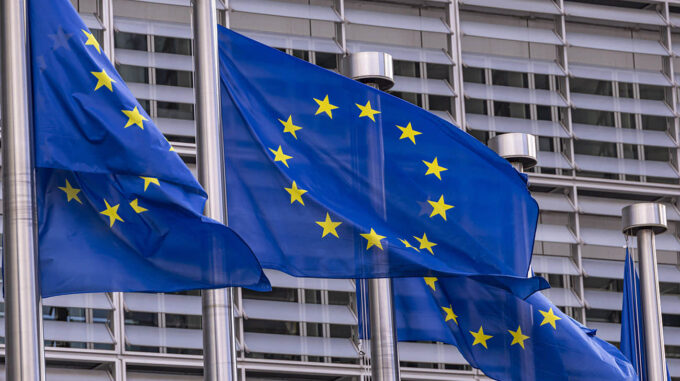More than half of the European Union countries are implementing emergency regimes aimed at significantly increasing defense expenditures in response to new international and security challenges

According to information disclosed by Politico, as part of this process, 16 EU member states intend to activate so-called “selective” extraordinary measures, which allow them to substantially expand their defense investments without breaching the EU’s established fiscal constraints. The number of countries applying this norm has increased significantly: among them are Belgium, Bulgaria, the Czech Republic, Denmark, Germany, Estonia, Greece, Croatia, Latvia, Lithuania, Hungary, Poland, Portugal, Slovenia, Slovakia, and Finland. Most of these countries have already submitted the relevant requests to the European Commission, paving the way for more flexible defense spending. Under the conditions, using this exception involves increasing defense expenditures to 1.5% of the country's gross domestic product annually over the next four years without violating EU fiscal rules. The European Commission has urged states to make decisions by April 30, emphasizing the importance of coordinating fiscal policies amid increased pressure from global financial markets. At the same time, this deadline is not mandatory, and countries have the option to coordinate their decisions at their convenience. As Spain’s Minister of Economy, Carlos Cuadrado, noted, his country plans to decide on the use of these provisions in the coming months. Similarly, Italy’s Finance Minister, Giancarlo Giorgetti, reported that Rome intends to meet NATO’s 2% defense spending target by changing expenditure accounting methodologies, including additional funding categories. He added that Italy expects to discuss new standards and approaches for defense expenditure at the Alliance’s summit in June. It is worth noting that these steps are taking place amid global trends of increased military spending. According to the Stockholm International Peace Research Institute (SIPRI), in 2024, global defense expenditures reached a record $2.718 trillion, a 9.4% increase compared to the previous year. This is the highest figure in decades and indicates serious intentions to update military policies in response to new challenges and threats that have appeared on the global stage. Such growth in military spending confirms that the security situation in Europe and worldwide is becoming increasingly tense, with countries actively seeking ways to enhance their own defense capabilities and collective security. Overall, the application of emergency regimes in EU countries is a strategic move aimed not only at increasing financial contributions to security but also at mobilizing resources for rapid modernization and strengthening military capacity in response to contemporary challenges. This approach demonstrates Europe’s strong intention to enhance its defensive potential, strengthen cooperation within NATO, and create conditions for more confident responses to potential threats in the future.

